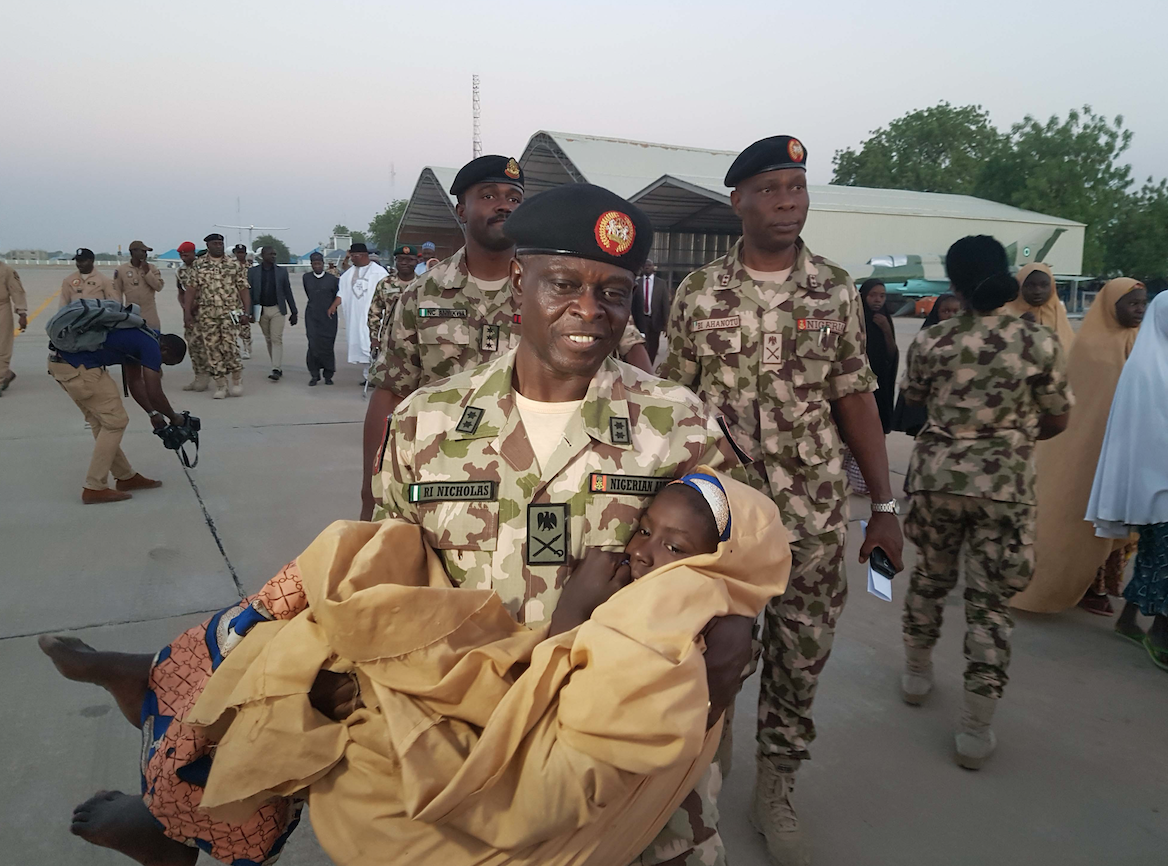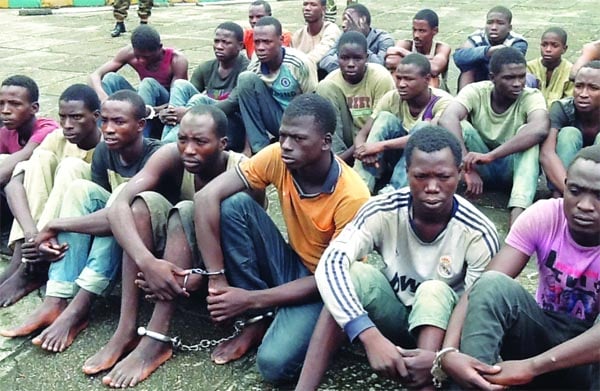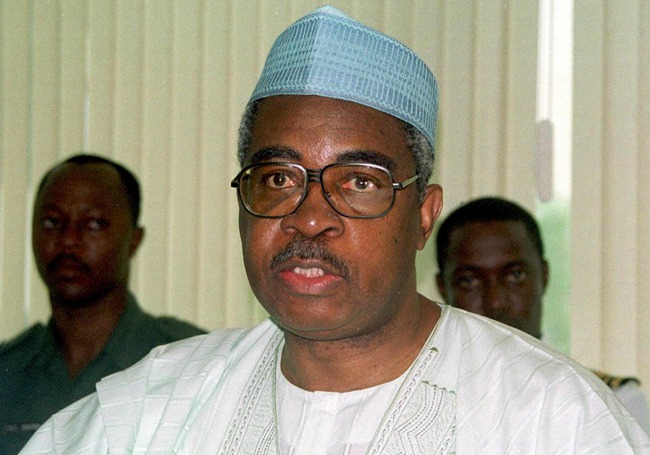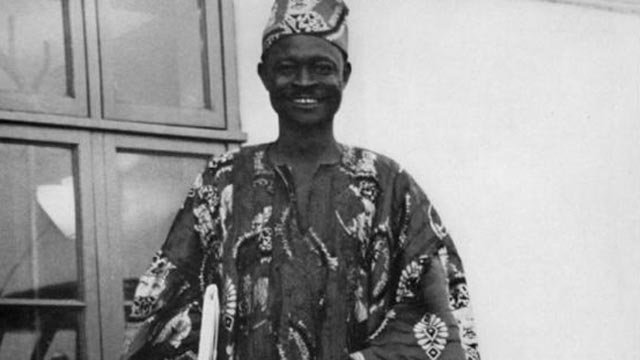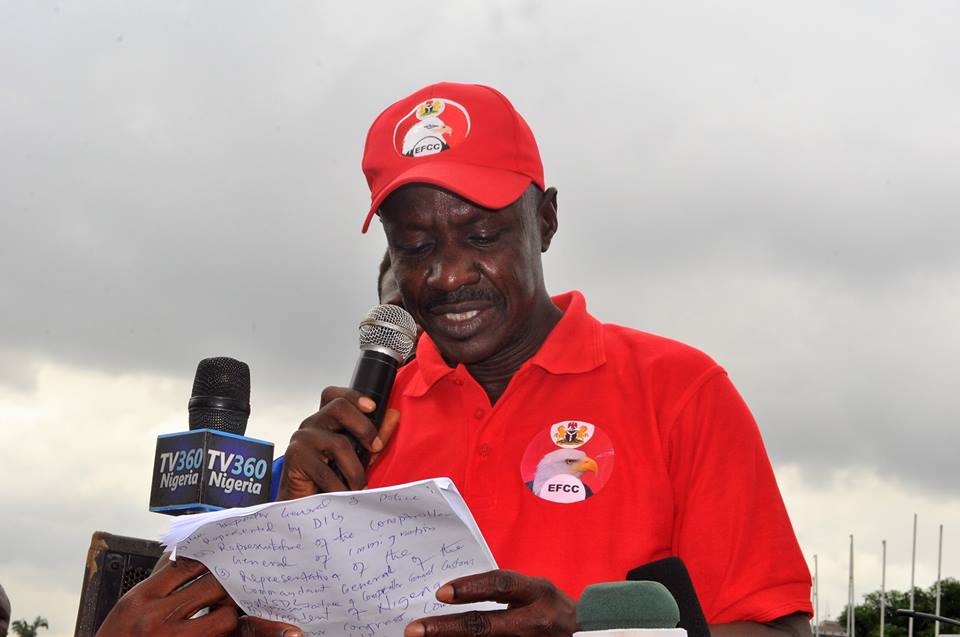BY ROTIMI OLAWALE
There is something unrivalled about our collective sense of outrage as Nigerians. It does not exist. I could wage a bet that our gene for outrage has long been isolated and smashed. I’ll explain. Some of the reactions to the recent release of the Dapchi girls also leave ashes in the mouth. For anyone who knows what it means to lose a dear one, the return of the children is nothing less of a miracle. For those who are likely to empathise with the parents of the 104 girls that were returned, they will agree that the least of their worries is who, if or where a ransom was paid, assuming that is true; or whether it was any political party or ethnic group using the girls to gain some political advantage. With 2019 around the corner, everything is tragically viewed from that prism.
Worrisome in all of these is what it means for education in northern Nigeria; especially the northeastern part of the country where Boko Haram has made its stage since 2009. By next year, the group will ‘celebrate’ 10 years of disrupting livelihoods, destroying properties and halting lives abruptly. My interest here is what this means for education in a region with a literacy rate that continually drags the entire country backward! The blame cannot be placed at the feet of citizens in this region or linked to their cultural or religious preferences. It is simply a case of government failing the region and more recently the entire country. With about 75 million Nigerians being illiterates it is not far-fetched why it is easy to manipulate the citizenry using religion and ethnic bias.
It is instructive that it is not about the financial wherewithal even as the literacy level between southern and northern Nigerian is yet to close up. At a time when the quality of education in the south is also being questioned either for failing to meet with today’s workplace need or the industry’s failure to attract the best mind; it is sad to see the northern part of the country where the educational deficit is wide still further dragged down by a ragtag group and government’s lazy attention to the issues. In 2016, Imo state, which has the highest literacy rate in the country got an allocation of 29.8 billion naira while Yobe state with the lowest literacy level got an allocation of 30.9 billion naira meanwhile Imo has about double the population of Yobe. The point here is not to paint a region or state horribly but to highlight the need for innovative ideas in the face of a widely growing problem. The young men who populate Boko Haram today are products of this same problem.
Education since the Paleolithic period – the earliest period of the Stone Age – has served the purpose for illumination of the mind. It is education that makes it possible to even interpret and appreciate religion and culture. The very marginal interest in education by the men and women in the corridors of power in northern Nigeria is criminal. Very criminal. Governor Nasir El-Rufai will possibly be one of two to excuse given his recent hugging of the headlines with the sack of about 21,000 unqualified primary school teachers in Kaduna state. Even if one faults the naivety of his approach, the radical solution he seeks is not mistaken. He, however, needs to sign the Child Rights Bill, pushed by the Kaduna State House of Assembly, into Law to provide the political will and provide a strong legislative framework for the rights of children to decent, qualitative and 12 years of free education. Doing this may be a hint for other northern states to commence the process. Sokoto state is also promising in the political will the governor brings to the table. In 2016, 29% was allocated to education from the state’s budget. In 2017, the highest allocation was also education with 27.3% of the total budget. Governor Aminu Tambuwal’s choice to build a school in Gudu Local Government is also worthy of mention. Gudu at that time was the only LGA of the 23 local government areas in the state without a secondary school. 12 years of free, compulsory, safe and qualitative education is what the Nigerian state owes its citizen across the 9,572 wards in the country. It is defining for the rest of the beneficiary’s life. It is also defining for the life of any nation that understands what human capital development means.
Advertisement
In April 2014, the world rose in unison to decry the kidnap of 276 girls from Government Secondary School Chibok, Borno State, especially after the government, then kept quiet about the abduction for about two weeks. As I write this, about 112 of those girls are yet to reunite with their parents and their fates unknown. The Dapchi incidence is a repeat script with 110 girls kidnapped from Government Girls Science and Technical College, Yunusari Local Government area of Yobe state except that this time government was quick in acknowledging and reacting. The parents of the murdered 59 Buni Yadi boys of Federal Government College, Buni Yadi, Yobe State will perhaps continue to blame themselves for allowing their kids to seek education.
In 2017, only 7.04% of the Federal government budget was allocated to Education at a time when the country had the highest out-of-school children in the world – 10.5 million. With respect to capital spending, education was allocated 50 billion Naira and Defense allocated 140 billion Naira. Of what import is the several intelligence gathering agencies and security and para-military outfits in the country if the lives of vulnerable children, especially girls continue to be at stake. I am curious as to how our drones – Gulma and Tsaigumi are being put to use.
Incidences like Dapchi’s will continue to depopulate the schools in the north. The testimonials of the released girls that their captors warned them against returning back to the classroom becomes potent in the face of government’s frail commitment to providing safe education. Despite being from an educational disadvantaged region it is double tragedy that it is now dangerous for them to seek education. What has happened to the Safe School Initiative? Communication, fortification and quality education are a must if we must get our children in northern Nigeria back to school. The commentary about girls who in their final year in senior secondary class cannot communicate with journalists in Basic English language is one we need to end. It is disturbing. A country like Nigeria should a foreign policy to grow its influence beyond population in the West Africa region for a start. In 2001, the government then signed a MoU for the inclusion of French in the school curriculum. That never took off. I am excited the Dapchi girls are back and truly hope the government will do whatever it takes to secure the release of Leah Sharibu; the only girl left behind and the other 112 Chibok girls.
Advertisement
The Dapchi incidence should offer us an opportunity to reflect and get angry as a people. If we are not outraged by the kidnap of 110 girls, nothing else can push us to the streets to seek for valid change. Chinua Achebe says there was a country. I say, there can be a new country.
Olawale is the executive director of Youthhub Africa and a Gulmakai Network Champion
Views expressed by contributors are strictly personal and not of TheCable.
